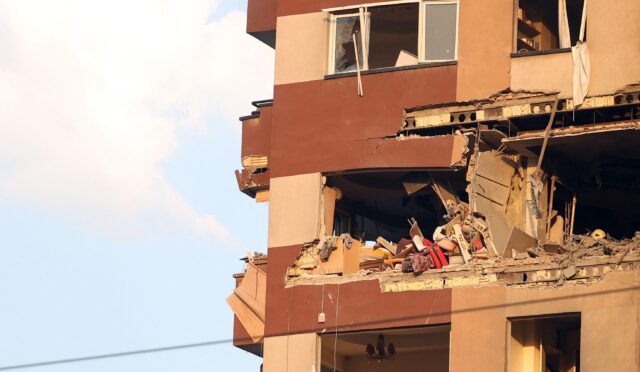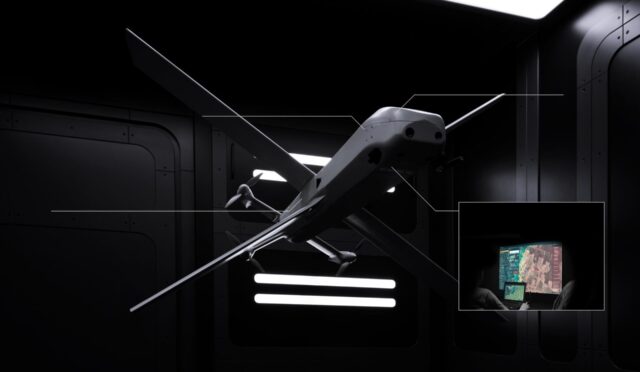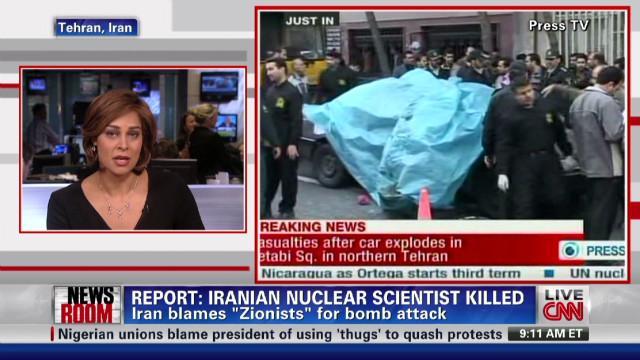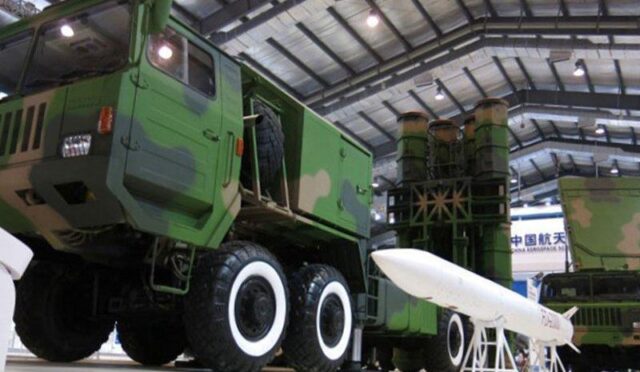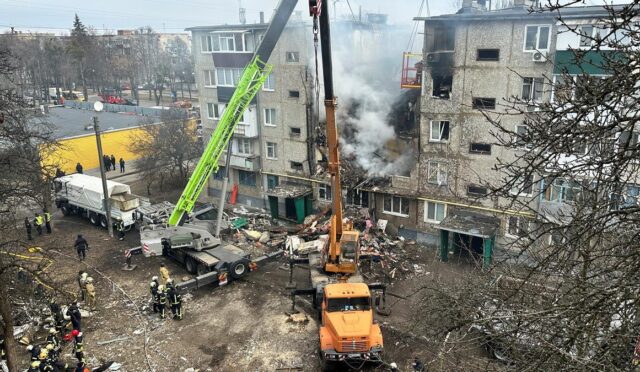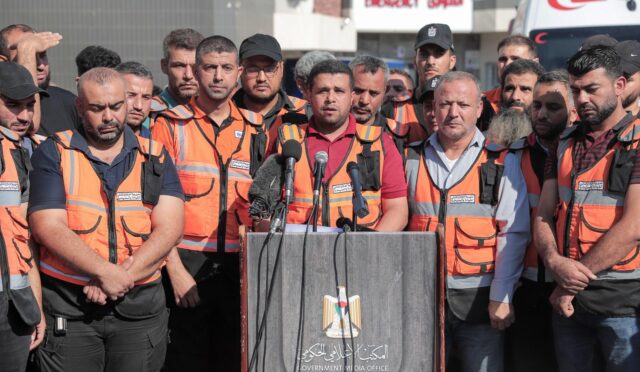Ukraine Ceasefire Negotiations: Key Developments from Riyadh
A crucial, twelve-hour meeting between Russian and US officials regarding a potential partial ceasefire in Ukraine took place in Riyadh, Saudi Arabia, according to Russian state media. This discussion unfolded amidst reports of a surge in attacks from both sides in the ongoing conflict. While negotiations were underway at a luxury hotel, a missile strike in Sumy, northeastern Ukraine, left around 90 people injured, including 17 children, as confirmed by President Volodymyr Zelensky. The missile struck a densely populated residential area, severely damaging apartments and an educational facility, according to local prosecutors. In addition, a hospital was also reported to have been affected by the attack.
Tragically, during this tumultuous time, Russian media sources reported that two journalists and their driver lost their lives after their vehicle was hit in the area designated by Moscow as the zone of its special military operation. President Donald Trump has called for a swift end to the three-year conflict, expressing hope that the ongoing discussions in Riyadh may lead to significant progress.
Ukrainian Delegation Remains Optimistic
The Ukrainian negotiating team plans to stay in Riyadh for an additional day to continue talks with US representatives, as stated by a source within the delegation to Suspilne news. Another source relayed to AFP that there is a likelihood of a second meeting, hinting at the possibility of progress within the discussions. Meanwhile, Russia’s TASS news agency reported that the meeting with the US concluded after extensive consultations and that a joint statement addressing the results is expected to be released soon.
Earlier this month, in Jeddah, Ukraine had agreed to a 30-day ceasefire proposed by the US, which was, however, subsequently rejected by Russian President Vladimir Putin. As discussions progress, officials are also revisiting the Black Sea Initiative, an agreement that previously allowed substantial grain and food exports from Ukrainian ports.
Black Sea Initiative and Challenges Ahead
According to Kremlin spokesperson Dmitry Peskov, the agenda includes discussions regarding the renewal of the Black Sea Initiative. He noted that this was President Trump’s proposal and emphasized its significance for continuing diplomatic efforts. The series of negotiations had originally been scheduled to happen simultaneously for both US-Ukrainian and US-Russian teams but have shifted to a sequential format.
Ukraine’s Defence Minister Rustem Umerov, who is leading the Ukrainian team, reported that the interactions with US officials have been ‘productive and focused.’ Steve Witkoff, Trump’s envoy, expressed optimism that any agreements could lead to a comprehensive ceasefire.
Expectations for Progress
Amidst the ongoing discussions, Kremlin expectations for an immediate resolution have been tempered. Peskov mentioned on state TV that they are merely at the initial stages of negotiations and acknowledged that complicated discussions lie ahead. During a lengthy phone call with Trump, Putin previously dismissed calls for an immediate 30-day ceasefire, proposing instead that hostilities targeting energy infrastructures be halted.
As the negotiations unfold, both sides have also engaged in fresh drone attacks, and Ukraine’s national railway operator has been battling a sophisticated cyberattack for the second consecutive day. Moscow’s involvement in the Riyadh talks was preceded by a thaw in relations with Washington, bolstering the Kremlin’s assurance as discussions move forward.
Building Cooperation Despite Tensions
Peskov remarked that the potential for mutually beneficial cooperation between the US and Russia is significant, despite existing disagreements. He underlined that the presence of conflict should not overshadow prospects for collaborative efforts.
Simultaneously, British and French defense leaders convened in London to discuss strategies to protect any potential ceasefire agreements as part of UK Prime Minister Keir Starmer’s proposed ‘coalition of the willing.’ Although questions remain regarding the structure of such initiatives, both Starmer and French President Emmanuel Macron have indicated their willingness to deploy troops on the ground in Ukraine should a pact be reached. ‘If an agreement is made, it is one that must be defended,’ a spokesperson for Starmer stated.

